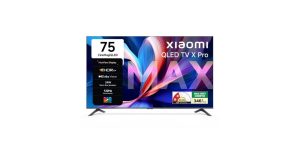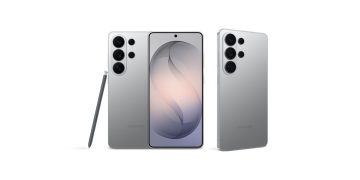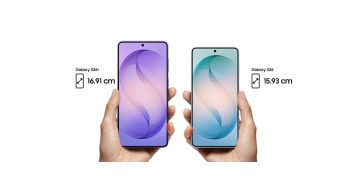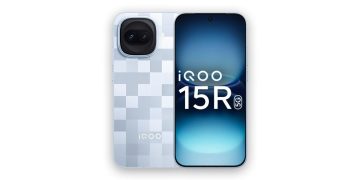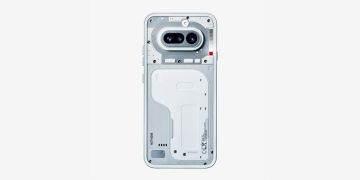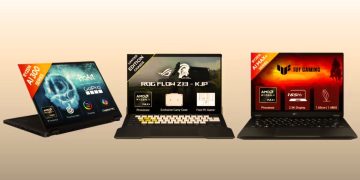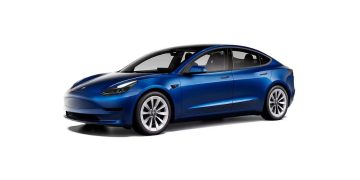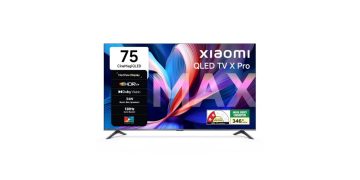Apple’s upcoming iPhone 15 series is generating significant buzz, thanks to its anticipated inclusion of a USB Type-C port. This shift from the traditional lightning port has intrigued Apple enthusiasts, but it has also raised questions about its impact on Android users. A recent survey conducted by SellCell sheds light on how this change might influence the choices of smartphone users.
The Transition to USB Type-C:
One of the most anticipated changes in the iPhone 15 series is the adoption of the USB Type-C port. While this development is welcomed by Apple loyalists, it has captured the attention of the Android user base. The USB Type-C port offers universal charging compatibility, potentially making it easier for users who previously hesitated to switch to iPhones due to the lightning port.
SellCell’s Informative Survey:
SellCell’s survey involved over 1,000 iPhone users and over 1,000 Android users in the United States. The findings provide insights into how this port transition might affect consumer choices.
Influence on iPhone Users:
Among current iPhone users surveyed, 63 percent indicated that Apple’s move to USB Type-C would influence their decision to upgrade to the iPhone 15. Of those motivated by the USB-C inclusion, 37 percent expressed their intent to upgrade. The appeal lies in the convenience of using a single charging cable across iPhones, Macs, and iPads.
Impact on Android Users:
Interestingly, 44 percent of existing Android users said they would be tempted to buy an iPhone 15 if it featured a USB-C port. Within this group, 35 percent found motivation in the iPhone’s compatibility with third-party chargers. This survey highlights that Android users are more inclined to shift to iPhones when Apple adopts the USB Type-C port.
Staying with Android:
However, it’s essential to note that 56 percent of Android users surveyed indicated that universal charging technology alone wouldn’t prompt them to switch. A significant majority, 74 percent, expressed satisfaction with the Android platform and had no plans to migrate to iPhones.
USB-C: A Closer Look at the Game-Changing Technology
The USB Type-C port is more than just a change in charging cables. It represents a shift towards universal compatibility and versatility. With the ability to connect to a wide range of devices, including laptops, tablets, and accessories, the USB-C port simplifies the tech ecosystem. Apple’s adoption of this technology signals a commitment to user convenience and broader connectivity.
In conclusion, while the introduction of the USB Type-C port in the iPhone 15 series might lure some Android users seeking compatibility and convenience, a substantial portion of the Android user base remains steadfast in their loyalty to the platform.






















































